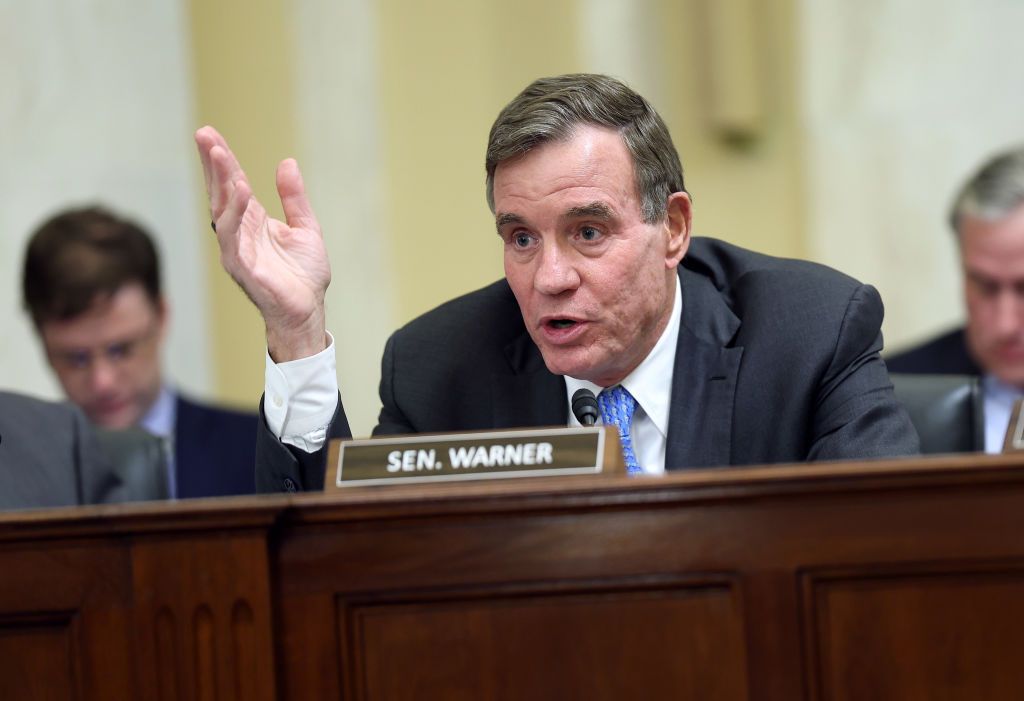Russia-based disinformation network linked to fake story about Zelenska's Bugatti purchase, BBC says

A network of Russia-based websites posing as U.S. newspapers are behind a campaign of AI-assisted fake news stories aimed at the upcoming American presidential election, the BBC reported on July 3.
One recent high-profile example was a fake story claiming that Ukraine's First Lady Olena Zelenska had purchased a $4.8 million Bugatti luxury car with U.S. taxpayer money. The story was filled with errors and used an apparently AI-generated video of an alleged Bugatti salesman who purportedly confirmed that Zelenska had bought the vehicle.
While the story was quickly debunked by the BBC and others, and denied by Bugatti, which threatened legal action against those who spread it, the story reached at least 12 million users on X.
The BBC said that it was just one of many similar stories spread on fake "news" websites designed to look like legitimate U.S. newspapers. Some of the fake news websites in question even used the names of defunct U.S. newspapers, such as the Chicago Chronicle, which ceased publication in 1907.
The websites often used real stories written by credible media outlets, which were then reportedly rewritten using AI to reframe the narrative in a different stance. Some of the AI instructions remained visible on one of the fake websites. Other stories used AI-generated videos to create false "sources" or "whistleblowers" who were cited to back up the allegations.
Despite the obvious falsehoods, some of the stories, such as a fake investigation that allegedly revealed yachts were purchased by Ukrainian officials with U.S. money, were then reshared by prominent officials, including U.S. Senator J.D. Vance.
One of the individuals the BBC linked to the network is John Dougan, a U.S. citizen and former marine who fled to Russia after the FBI raided his apartment in 2016.
Dougan, who has regularly appeared in Russian media, denied to the BBC that he had any involvement in the websites, but also "implied that his activities are a form of revenge against American authorities."
"For me it's a game," he said. "And a little payback."
While many of the stories only get a few views, some can have an "outsize impact" and lead to false narratives "taking hold" in the leadup to important elections, experts told the BBC.












